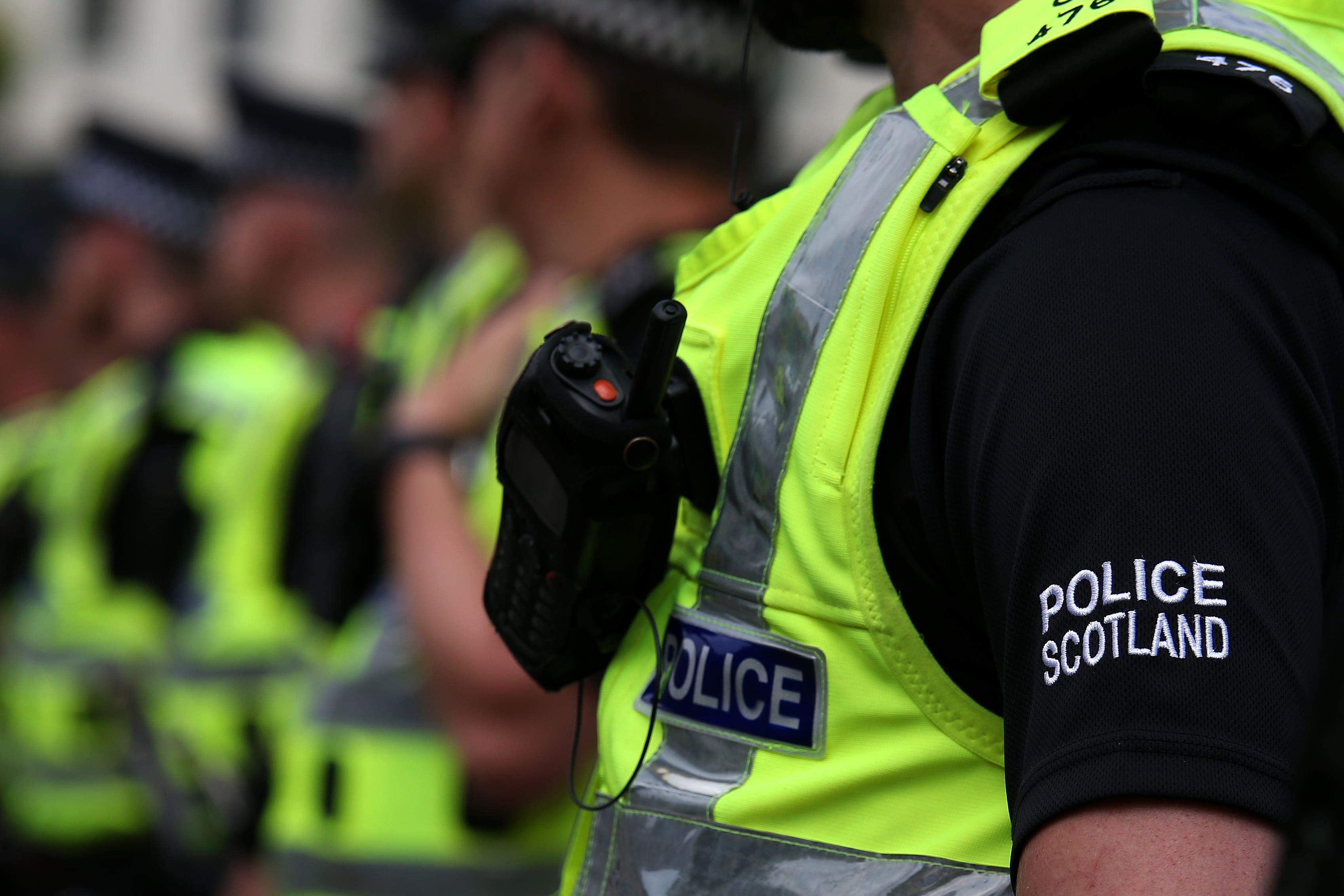Police Scotland commit to working with women’s groups on transgender policies
It comes after a U-turn on a policy which allowed rapists to identify as female.

Your support helps us to tell the story
From reproductive rights to climate change to Big Tech, The Independent is on the ground when the story is developing. Whether it's investigating the financials of Elon Musk's pro-Trump PAC or producing our latest documentary, 'The A Word', which shines a light on the American women fighting for reproductive rights, we know how important it is to parse out the facts from the messaging.
At such a critical moment in US history, we need reporters on the ground. Your donation allows us to keep sending journalists to speak to both sides of the story.
The Independent is trusted by Americans across the entire political spectrum. And unlike many other quality news outlets, we choose not to lock Americans out of our reporting and analysis with paywalls. We believe quality journalism should be available to everyone, paid for by those who can afford it.
Your support makes all the difference.Police Scotland has committed to working with women’s groups and seeking external advice on how to deal with trans offenders, after a U-turn on a policy which allowed rapists to identify as female.
The policy has been contested since 2021 after being raised at the Scottish Parliament by all-female analysts MurrayBlackburnMackenzie, and the group branded it “institutional gaslighting” when it emerged on Wednesday that it will be reversed.
At a meeting of the Scottish Police Authority on Thursday, Chief Constable Jo Farrell was asked about wider issues regarding gender identification – including intrusion on single-sex spaces and body searches.
Ms Farrell said: “A man who commits rape or sexual assault will be recorded by Police Scotland as a male.
Until there is clarity on how you deal with sex and gender I don't think this will go away
“The organisation I lead is wholly committed to tackling violence against women and supporting survivors effectively. We will do this while upholding our values of integrity, fairness, respect and a commitment to upholding human rights.”
A commitment was made to engage with women’s groups as well as seeking “formal” advice as part of a review over the coming months.
Organisations cited as likely to be asked to contribute include His Majesty’s Inspectorate of Constabulary in Scotland, trade unions, and the Equality and Human Rights Commission.
Board member Katharina Kasper said leadership had been “sorely lacking” until clarification, and she suggested a legal review is needed “because if you are recording gender you cannot have sex-based policies”.
Ms Kasper said: “How you treat this topic is more than just statistics – it will be pertinent to whether female police officers will have to conduct searches of people who are clearly male but insist on having a different gender identity to that; it will also be important to respond to situations where women and children feel they are having to deal with a male in a space they would expect to be a single-sex space.
“When someone who is male shoots into single-sex space, will you be able to deal with that if that individual maintains they are female?
“These are not really hypothetical scenarios. They happen on a daily basis. Until there is clarity on how you deal with sex and gender I don’t think this will go away.”
She urged “transparency” and “logical conclusions” in a bid to restore public confidence, and said the policy should be in writing, and subject to audit.
Ms Farrell said she was “not going to get into a series of hypothetical scenarios” but she insisted “discretion” is used.
Ms Kasper said: “I think there is an expectation your policy is written down, that it is clear, that legislative analysis is absolutely sound and not just against what your internal position is, but that you’ve consulted with relevant external bodies.
“If you are saying there is discretion, the data needs to be such that you can segregate instances where you have overwritten your policy. At the moment it is not possible to test whether that discretion is in line with policy. There needs to be a way of auditing your policy to ensure it does what it needs to do.”
Deputy Chief Constable Alan Speirs said: “The recommendation I made was a much more fulsome review, to engage externally and to hear views and observations from women’s groups.
“We have the team and the structure in place and will do that over the coming months. We will do that through the performance committee.”
Ms Farrell said: “I’m not going to be able to put timescales on this. Please bear with us as we do that piece of work, as we pull together than information and make these judgments. The NHS is one of the parallel organisations we need to reach into in terms of how they’re working in this space.”
SPA chairman Martyn Evans said: “I particularly welcome seeking formal guidance, that has been absent, it isn’t for them to sit on the sidelines. We rely on those whose full-time job it is to give advice. I welcome commitment to bring it back to policing performance committee.
“This has been an issue for around four years now. Clarification around the question of public confidence is very welcome.”